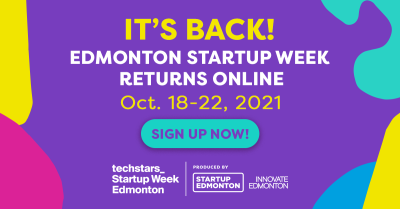
'A critical role': Most candidates support spending as much — or more — on Downtown Vibrancy Strategy
By
Emily Rendell-Watson
in the
Business Roundup
The Taproot Survey of council candidates has revealed many champions for the Downtown Vibrancy Strategy, with the majority of respondents supporting the current level or more of city investment. But a few are opposed, including two incumbents.
Puneeta McBryan, executive director of the Downtown Business Association (DBA), said the results aren't surprising — but they are reassuring.
"This tells me that our returning and new councillors are leaders who understand the critical role that downtown plays in Edmonton's future," McBryan told Taproot. "I'd imagine they all have different reasons for why they believe this is important work and worth investment.
"Whether a councillor prioritizes Edmonton's economy and job creation, the City Plan and densification, urban wellness and community safety, or arts and culture, downtown is at the centre — literally and figuratively — of all of those issues," she said.
The strategy is "a call for action" to support the recovery of Edmonton's downtown from the COVID-19 pandemic. Since 2015, more than $4.4 billion has been invested in downtown development, but the pandemic has created "unique challenges" for the area. While the strategy could require between $7 million and $28 million to fully implement, council approved an initial investment of $5 million in June.
McBryan said that council should "seriously consider adding additional city funding," such as incentives for new housing development and office building conversions as well as incentivized tenancy or activations for ground-floor vacant spaces.
"These kinds of programs tend to be revenue-neutral or even net positive for the city, because of the tax uplift they're designed to generate," she explained. But McBryan also said that a significant amount of the funding should come from provincial and federal governments, pointing to success in attracting federal grants for initiatives like Downtown Spark/Root 107.




